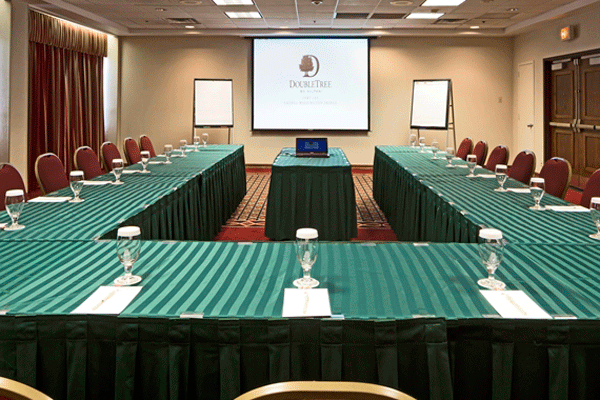
I recently had an opportunity to facilitate a marketing strategy session with top executives at a local media institution.
beyond inception with TIRIVASHE MUNDONDO
After the session, my colleague who handles marketing at the firm came to me and said, “I think the managing editor will have a hard time seeing the value of branding — she perceives marketing as a cost centre, not a driver of sales.”
This feedback got me thinking.
How did we go from branding to marketing in one sentence like that?
It became apparent to me that there is a lack of understanding of the difference between branding and marketing.
What is marketing? What is branding? How do they differ?
There is a spectrum of opinions here, but in my opinion, marketing is actively promoting a product or service. It’s a push tactic. Simply put, marketing is pushing out a message or opinion to get sales results: “Buy our product because it’s better than theirs.” (Or because it’s cool, or cheaper, or because it will solve your specific problem, etc.) This is oversimplification, but to me that’s it in a nutshell. This is not branding.
- Chamisa under fire over US$120K donation
- Mavhunga puts DeMbare into Chibuku quarterfinals
- Pension funds bet on Cabora Bassa oilfields
- Councils defy govt fire tender directive
Keep Reading
When I was a toddler my mother would make sure I brushed my teeth after every meal and come straight to show her if I had done a good job. She would tell me to make sure my teeth were “Colgate” white and when that bar was attained she would give me a good kiss on the cheek.
My siblings and I came up with a name for that kiss, we called it the “Colgate kiss”. I may not be the only one who, embarrassing as it is, grew up with a misconception that all types of toothpaste are known as colgate. That is branding.
I believe branding should both precede and underlie any marketing effort. Branding is not push, but pull. Branding is the expression of the essential truth or value of an organisation, product, or service. It is communication of characteristics, values, and attributes that clarify what this particular brand is and is not. It is the projection and not communication.
A brand will help attach people to itself and develop a relationship with the market. It encourages someone to buy a product, and it directly supports whatever sales or marketing activities are at play, but the brand does not explicitly say “buy me.” Instead, it says “this is what I am. This is why I exist. If you agree, if you like me, you can buy me, support me and recommend me to your friends.”
Branding is strategic. Marketing is tactical.
Marketing may contribute to a brand, but the brand is bigger than any particular marketing effort. The brand is what remains after the marketing has swept through the room. It’s what sticks in your mind associated with a product, service, or organisation — whether or not, at that particular moment, you bought or did not buy.
The brand is ultimately what determines if you will become a loyal customer or not. The marketing may convince you to buy a particular Toyota, and maybe it’s the first foreign car you ever owned, but it is the brand that will determine if you will only buy Toyotas for the rest of your life.
The brand is built from many things. Very important among these things is the lived experience of the brand. Did that car deliver on its brand promise of reliability? Did the maker continue to uphold the quality standards that made them what they are? Did the sales guy or the service centre mechanic know what they were talking about?
Marketing unearths and activates buyers. Branding makes loyal customers, advocates, even evangelists, out of those who buy.
This works the same way for all types of businesses and organisations. All organisations must sell (including non-profits). How they sell may differ and everyone in an organisation is, with their every action, either constructing or deconstructing the brand.
Every thought, every action, every policy, every ad, every marketing promotion has the effect of either inspiring or deterring brand loyalty in whomever is exposed to it. All of this affects sales.
Is marketing a cost centre? Poorly researched and executed marketing activities can certainly be cost centres, but well-researched and well-executed marketing is an investment that pays for itself in sales and brand reinforcement.
Is branding a cost centre? On the surface, yes, but the return is loyalty. The return is sales people whose jobs are easier and more effective, employees who stay longer and work harder, customers who become ambassadors and advocates for the organisation.
Branding is as vital to the success of a business or non-profit as having financial coherence, having a vision for the future, or having quality employees.
It is the essential foundation for a successful operation. So yes, it’s a cost centre, like good employees, financial experts, and business or organisational innovators are. They are cost centres, but what is really costly is not to have them, or to have substandard ones.
Branding on a business-level is common, but today branding is becoming just as important on a personal level. After all, you might work for a business that works with other businesses, but it’s people working with people and that is what makes business relationships valuable.
Tirivashe Mundondo is an author and brand strategist. He is passionate about innovative marketing techniques and creative solutions. Email: [email protected]











